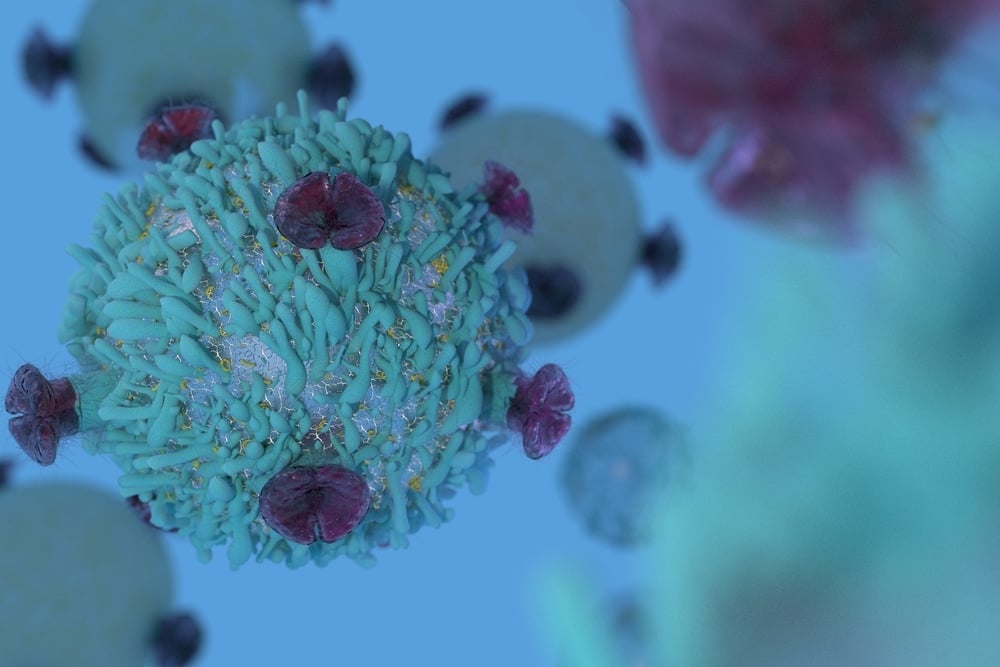Newsletter Signup - Under Article / In Page
"*" indicates required fields
The Peter MacCallum Cancer Centre (Peter Mac) and Cartherics Pty Ltd (Cartherics) have entered into a collaborative development program agreement (CDPA) to develop Cartherics’ proprietary autologous CAR-T cell therapy (CTH-001) for the treatment of cutaneous T-cell lymphoma (CTCL).
“Patients with advanced stages of cutaneous T-cell lymphomas often have few treatment options left when their disease progresses, and experience lower quality of life and poor life expectancy. We are impressed by the laboratory results achieved by Cartherics’ scientists. We are eager to see if evidence of efficacy in preclinical models translates into an effective, safe therapy for patients using a highly innovative approach with autologous CAR-T cells,” said Simon Harrison from Peter Mac.
Alan Trounson, CEO of Cartherics, said: “We are excited to be working with a premier global cancer centre to advance CTH-001 into human clinical trials. We are very pleased to partner with Peter Mac’s Centre of Excellence in Cellular Immunotherapy, which was established in 2019 with backing from the Australian Federal Government and generous donors to the Peter MacCallum Cancer Foundation. In addition to their outstanding clinical research in oncology, Peter Mac through Cell Therapies Pty Ltd has substantial experience in manufacturing of cell therapies for cancer.”
Phase I trial
The key aspects of the collaborative research are setting up clinical-scale manufacturing of CTH-001 and conducting a phase I clinical trial. This will initially enroll six patients with refractory CTCL. The primary goal of the clinical trial is to investigate the safety of CTH-001 in this patient population.
Cutaneous T-cell lymphoma
Cutaneous T-cell lymphoma is the term applied to a family of non-Hodgkin lymphoma cancers that affect the skin; this type of lymphoma is derived from aberrant T cells. Although these diseases are relatively rare, they can significantly affect both quality and length of life. The early stages of these diseases are often difficult to detect.
Later stages of CTCL carry poor prognosis and are inadequately treated by currently approved therapies. Skin infections may further accelerate the progression of the disease, resulting in considerable morbidity and mortality.
About Cartherics’ CTH-001
CTH-001 is a Cartherics’ proprietary product candidate based on autologous (i.e., patient-derived) chimeric antigen receptor (CAR)-T cells targeting tumor associated glycoprotein 72 (TAG-72). Cartherics’ researchers identified that TAG-72 is present on the aberrant T cells associated with CTCL but is essentially absent from normal T cells.
Non-malignant T cells obtained from the blood of the CTCL patient to be treated are reprogrammed to bind specifically to the tumor cells expressing TAG-72. Upon infusion into the patient, the CTH-001 CAR-T cells are expected to destroy the CTCL-associated malignant T cells.
Oncology R&D trends and breakthrough innovations







